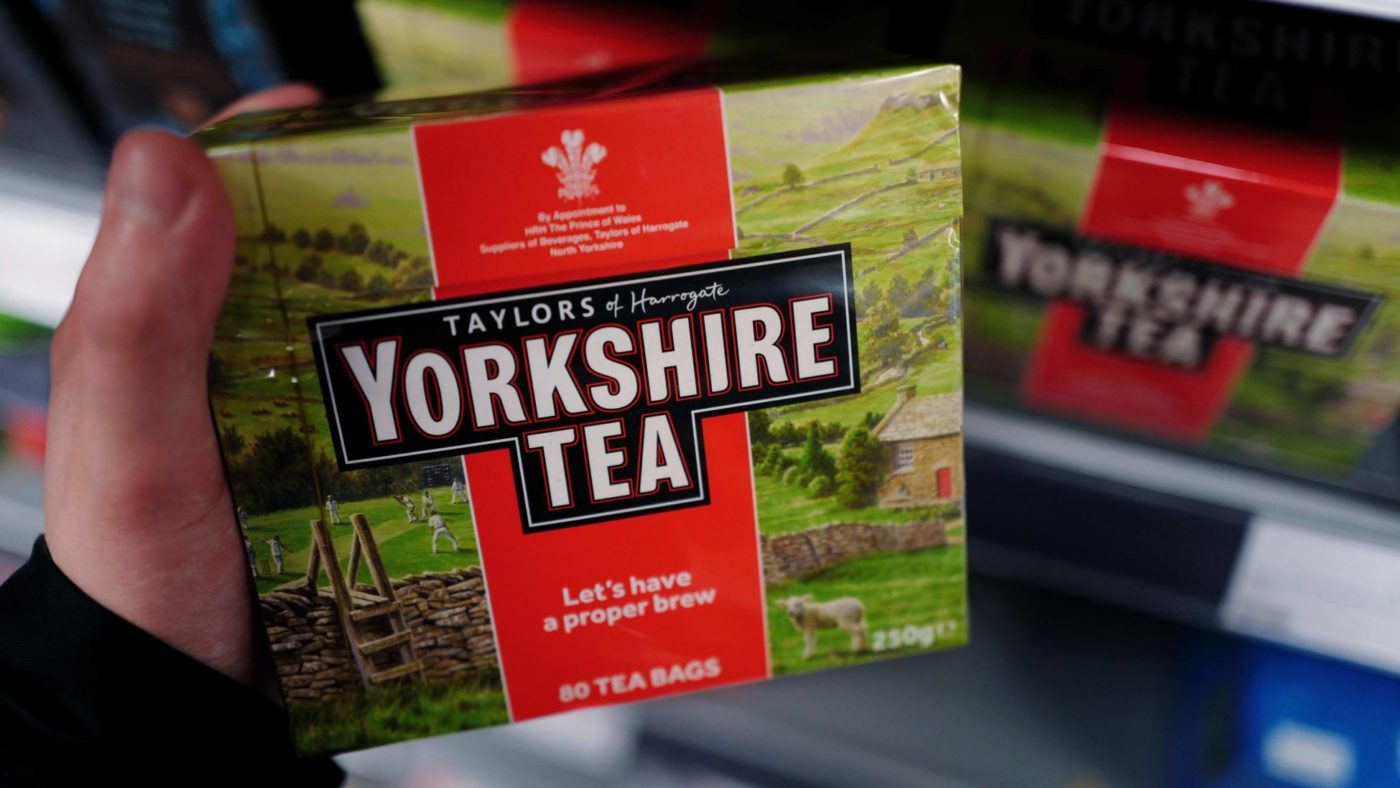If you wanted to sum up the increasingly unhinged nature of political “debate” in one sentence, it would be the one tweeted last week by Yorkshire Tea’s official account: “Sue, you’re shouting at tea“.
As amusing as the suggestion that a tea manufacturer gets to decide who consumes their product is, it raises a serious point. Staying out of politics – which was clearly Yorkshire Tea’s intention – is getting harder for business.
The motivations for sitting on the fence are pretty straightforward. Some are mandated to remain impartial (such as UK broadcasters) or choose to do so for professional reasons (including the majority of polling companies). Others simply want to avoid upsetting a chunk of their customers.
But there are examples of businesses choosing to take positions, usually on individual social or political issues. The obvious recent example in the UK was on Brexit, when a large number of business took a position (most, but not all, for Remain). And businesses that advertise have to decide where to do so – including, possibly, in partisan newspapers, if they are an effective way to reach a brand’s customers.
Then there are cases where an intervention has more partisan connotations, though these are often in jest. For example, Burger King placed an advert in London during the 2019 election campaign about lies on busses, which sounded a lot like a swipe at Boris Johnson. And in 2016, toymaker Hornby tweeted about its Virgin East Coast model train having plenty of empty seats, which appeared to be a poke at Jeremy Corbyn.
Separately, the real Virgin Trains was the subject of debate after announcing that it would not stock the pro-Conservative Daily Mail, saying it was “not compatible” with its brand or beliefs, before subsequently changing its mind.
There is also the question of what employees say on their own account. Often this carries the familiar “own views” disclaimer, though in practice businesses must decide what their staff can and can’t say. For example, Tim Martin’s views on Brexit are well known – and he is primarily known as “the Wetherspoons Boss” rather than as an activist.
This sometimes blurred distinction between corporate ethics and wider politics is not a new phenomenon – there have always been instances where companies have been forced into choosing a side on matters that are not politically irrelevant. Traditionally these have been left-right issues, for example the nature of a company’s tax arrangements or industrial relations.
But recently, the increasing importance of the cultural axis has meant that a much wider range of issues (and particularly social issues) have become controversial. Things well outside the competence of government can now divide political blocs as much as those within it. Our everyday lives have become full of wedge issues.
This can range from the very subtle, such as the fact that I’m typing this from a branch of Starbucks with gender neutral facilities (and with three different vegan milk substitutes for good measure) to the very obvious, such as Gillette’s “The Best Men Can Be” advertising campaign or Nike choosing Colin Kaepernick to promote its brand.
Some commentators dismiss such cleavages as symbolism and substantively trivial which, in isolation, they mostly are. But that’s not to say there isn’t a cumulative effect.
Meanwhile, the rise of social media is making these divides matter more. Bad publicity and boycotts have always been around, but the rise of social media has made bad publicity a bigger risk and action such as boycotts easier to organise. Both of these may reflect the biases of platforms and their users rather than broader public opinion, but that’s a story for another time.
Ethical and woke capitalism are often justified by their supporters on the grounds of social responsibility, which arguably is what they are. There are some things that are very widely viewed as socially responsible (such as cutting emissions) but there are others where taking a position is either responsible, or cynically profiting from societal or political division, depending on one’s perspective.
What does the public think? On the particular issue of Brexit (and specifically its economic impact), Number Cruncher polling for CapX in 2019 found that by 49% to 34%, Brits took business leaders’ views seriously – in fact no group polled significantly higher (economists and academics were both within the margin of error).
But on the question of whether or not businesses should speak up, I’m not aware of any UK polling on the issue. In the US, a 2018 poll by Morning Consult found that a majority of American consumers cared about a company’s stance on social and political issues. But on specific issues, substantial partisan divides opened up, with only one of the 14 polled – supporting veterans and their families – attracting majority support.
This issue is likely to rumble on, and business knows it. Staying neutral is getting harder. But for now, it’s time for another cup of tea.
Click here to subscribe to our daily briefing – the best pieces from CapX and across the web.
CapX depends on the generosity of its readers. If you value what we do, please consider making a donation.


